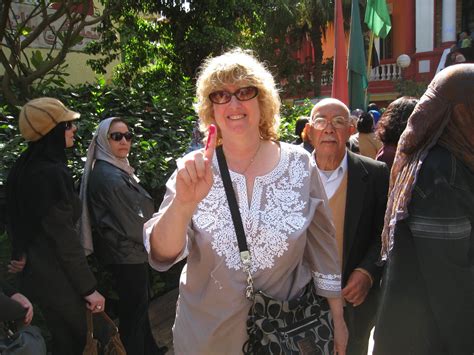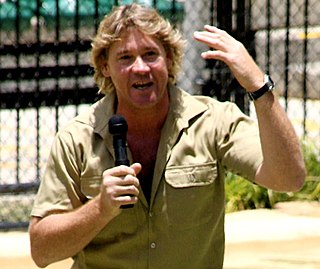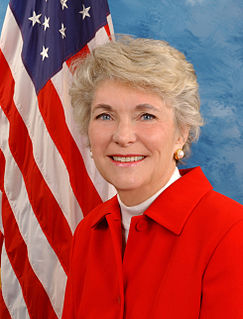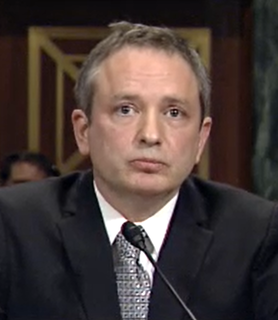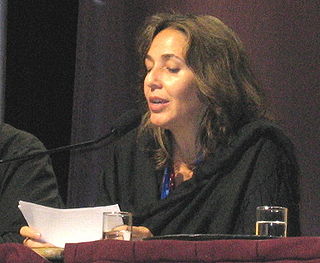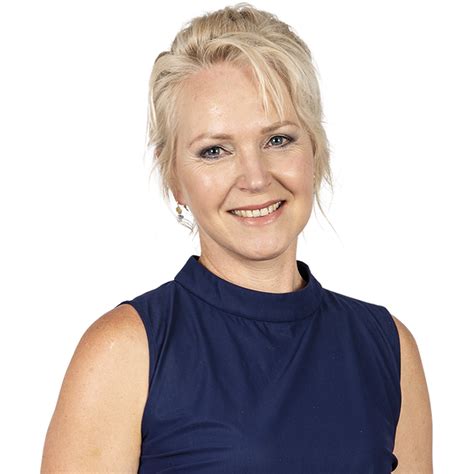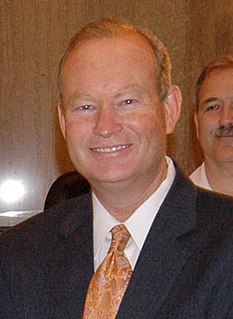A Quote by Mindy Baha El Din
There are a lot of Egyptians who live below the poverty line and are preoccupied with meeting basic needs. Therefore, we have to create tangible benefits from nature conservation. Only through economic incentives will we convince people to protect habitats, wildlife, geological formations, cultural heritage sites, etc. We need local communities to cooperate with us, not against us!
Quote Topics
Against
Basic
Basic Needs
Below
Benefits
Communities
Conservation
Convince
Cooperate
Create
Cultural
Cultural Heritage
Economic
Etc
Geological
Heritage
Incentives
Line
Live
Local
Lot
Meeting
Nature
Nature Conservation
Need
Needs
Only
People
Poverty
Preoccupied
Protect
Sites
Tangible
Therefore
Through
Us
Wildlife
Will
Related Quotes
Most of us still believe in the intrinsic value of nature, but I think the first century of the environmental/conservation movement demonstrated pretty clearly that this value cannot compel a civilization-wide shift toward sustainable behavior and enterprise when stacked up against the urgent economic and social needs of 7 billion people, most of whom are struggling to get out of poverty.
Our Government understands that local, community organizations are essential in addressing social issues like economic development, poverty, education and integration in Canadian communities. The Community and College Social Innovation Fund will connect the innovative talent of researchers and students at colleges and polytechnics to meet the research needs of local community organizations to build stronger, safer, healthier communities.
Our duty to the whole, including the unborn generations, bids us to restrain an unprincipled present-day minority from wasting the heritage of these unborn generations. The movement for the conservation of wildlife and the larger movement for the conservation of all our natural resources are essentially democratic in spirit, purpose, and method.
The arts have long been an integral and vibrant part of our nation's cultural heritage. In its many forms, art enables us to gain a deeper understanding of ourselves and of our society. Providing us with a unique way to learn about people of other cultures, it allows us to discover all that we have in common. At its best, art can beautify our cities, encourage economic development and social change, and profoundly affect the ways we live our lives.
We create institutions and policies on the basis of the way we make assumptions about us and others. We accept the fact that we will always have poor people around us. So we have had poor people around us. If we had believed that poverty is unacceptable to us, and that it should not belong to a civilized society, we would have created appropriate institutions and policies to create a poverty-free world.
Cuba is a poor country. Most of the Cubans who leave only do so if they can find better economic conditions elsewhere. That's why we need changes. We have to offer incentives to keep people here. We have to create more attractive policies for young people, so that it also makes economic sense for them to stay. We need growth and a better quality of life for everyone.
Human beings need community. If there are no communities available for constructive ends, there will be destructive, murderous communities... Only the social sector, that is, the nongovernmental, nonprofit organization, can create what we now need, communities for citizens... What the dawning 21st century needs above all is equally explosive growth of the nonprofit social sector in building communities in the newly dominant social environment, the city.
Parents who are stressed or disturbed will have more difficulty in meeting their children's needs. Parents who have little support--from friends, relatives, neighbors, or the community--are more likely to be overburdened by the demands of their babies and to be unable to respond to them adequately. Parents who experience severe poverty or economic insecurity, who cannot satisfy their own basic needs, are likely to have difficulty in responding to their children's needs.
